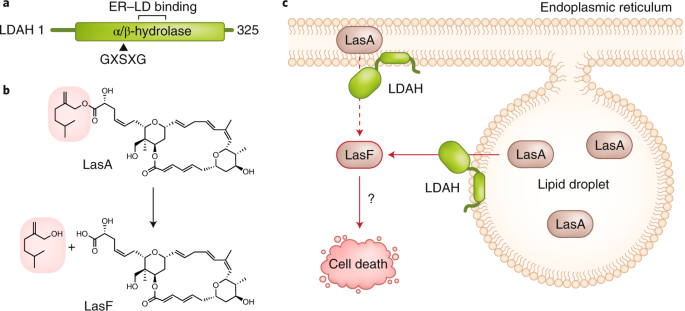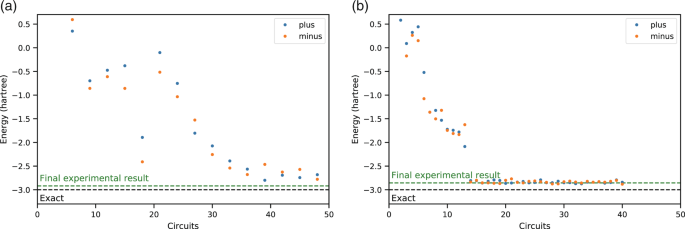- Select a language for the TTS:
- UK English Female
- UK English Male
- US English Female
- US English Male
- Australian Female
- Australian Male
- Language selected: (auto detect) - EN
Play all audios:
The reasons for individuals to invest in cryptocurrencies and their mass adoption are many. While some invest in crypto simply because it has emerged as a reliable asset class, others do it
to diversify their portfolio. However, an increasing number of individuals and institutional investors are eyeing cryptocurrencies as a hedge against rising prices. In October, inflation in
the United States hit a 31-year high, raising concerns. Could crypto provide the cushion we need? A growing sentiment among economists and the crypto community is that the alternative
currency can aid countries underdoing an inflation crisis. For instance, Turkey’s national currency, the Lira’s sharp weakening, has many opinionating that crypto can save their economy from
an imminent crisis. Michael Saylor, the CEO of MicroStrategy, tweeted that Bitcoin, the world’s largest cryptocurrency by market cap, was the only hope for Turkey. Not long ago, JP Morgan,
in a note shared with their clients in October, reported, “Bitcoin is looking more and more like the new gold when it comes to hedges against inflation. The reemergence of inflation concerns
among investors has renewed interest in the usage of Bitcoin as an inflation hedge.” It is crucial to understand what makes many believe cryptocurrency can save the day as inflation rises.
SEEKING REFUGE IN CRYPTOCURRENCIES Cryptocurrencies have proved to be a better alternative in countries prone to hyperinflation and political turmoil like Zimbabwe, Argentina, and Venezuela
in the past decade. The hyperinflation in Venezuela and Zimbabwe since 2008 can serve as a reminder of the fragility of fiat currencies. The value of fiat is dependent on the citizen’s good
faith and credit in the economy. But when countries print excess money, individuals lose confidence in the bill, and it devalues overnight. When the value of fiat currency depreciates, it
leads to rising inflation, and cryptocurrency can be the solution to deal with such a crisis. Crypto emerged as an alternative to the crippled traditional banking system, particularly in
Venezuela, when hyperinflation and US sanctions disrupted its economy. From sending remittances to safeguarding wages from inflation and helping businesses manage cash flow in a depreciating
economy, crypto became the currency of choice and empowerment. WHAT MAKES CRYPTO IMMUNE TO INFLATION? As demonstrated in the countries mentioned above, cryptocurrency can potentially be an
alternative to a central bank-regulated economy. Here’s why: FINITE SUPPLY One of the prime reasons cryptocurrencies provide a better shield is their limited supply. Most cryptocurrencies
have a fixed supply which means new coins/tokens can’t enter circulation, curtailing the possibility of rising inflation. On the contrary, countries can increase the money supply through
spending or buying government bonds on lower interest rates with fiat. However, doing this reduces the spending power and could cause inflation. DECENTRALISATION AT ITS CORE While the
central banks of each country control money supply in fiat currencies, cryptocurrencies have no centralised entity to govern supply. Instead, supply rules are built into the code and aren’t
restricted to conventional economics. Additionally, the protocol and process in cryptocurrencies are fully transparent, allowing average citizens to monitor and track the creation of new
coins in real-time. WHAT DO CRYPTOCURRENCIES MEAN TO THE MASSES? Let us look into ways cryptocurrencies can make a difference to an average man’s day-to-day life: BANKING THE UNBANKED:
Cryptocurrencies can benefit the unbanked or underbanked population around the world that does not use traditional financial services. This category lacks the fundamental ability to store,
send and receive funds. But the world of decentralised finance (DeFi) built upon the blockchain can offer financial inclusion for those people. 2. MODE OF REMITTANCE: Migrant workers rely on
wire money services to send money to their families, often paying hefty fees. Many cryptocurrencies provide instant transactions across international borders at a fraction of the cost to
address this obstacle. 3. FINANCIAL ASSISTANCE: Obtaining any financial help in the form of a bank loan is impossible for the poorest parts of the world. Fortunately, for the benefit of
those without KYC or credit scores, there are cryptocurrency companies that provide decentralised borrowing and lending services through the use of smart contracts and collateral. AN
ALTERNATIVE APPROACH TO ENHANCE FINANCIAL INCLUSION WITH CRYPTO Cudos’ recent collaboration with Tingo is a step in the same direction and gives access to cryptocurrency to the average
consumers in Nigeria. It enables close to 10 million users to earn and spend Cudos with our compute platform. In addition, rural Nigerians can pay for their packages and earn CUDOS by
utilising spare compute capabilities through smartphone apps. Learn more: 🌍 Blockchain technology will transform Africa’s payment landscape. Can it also tackle poverty? 📈 With the
partnership, the Cudos network will become a computing platform for Nigerian institutes and universities, thereby creating a fully inclusive digital ecosystem. YOUR ROLE You can become our
partner in creating an ecosystem for a decentralised future. We need data centres and cloud service providers. If you can contribute to this goal, please reach out to us for collaboration.
Lastly, if you have already bought your CUDOS tokens, you can stake them on our platform and secure our network. ABOUT CUDOS The Cudos Network is a layer 1 blockchain and layer 2 computation
and oracle network designed to ensure decentralised, permissionless access to high-performance computing at scale. It enables the scaling of computing resources to 100,000’s nodes. Once
bridged onto Ethereum, Algorand, Polkadot, and Cosmos, Cudos will enable scalable compute and Layer 2 Oracles on all of the bridged blockchains. Learn more: WEBSITE, TWITTER, TELEGRAM,
YOUTUBE, DISCORD, MEDIUM, PODCAST _Originally published at __https://www.cudos.org__._






